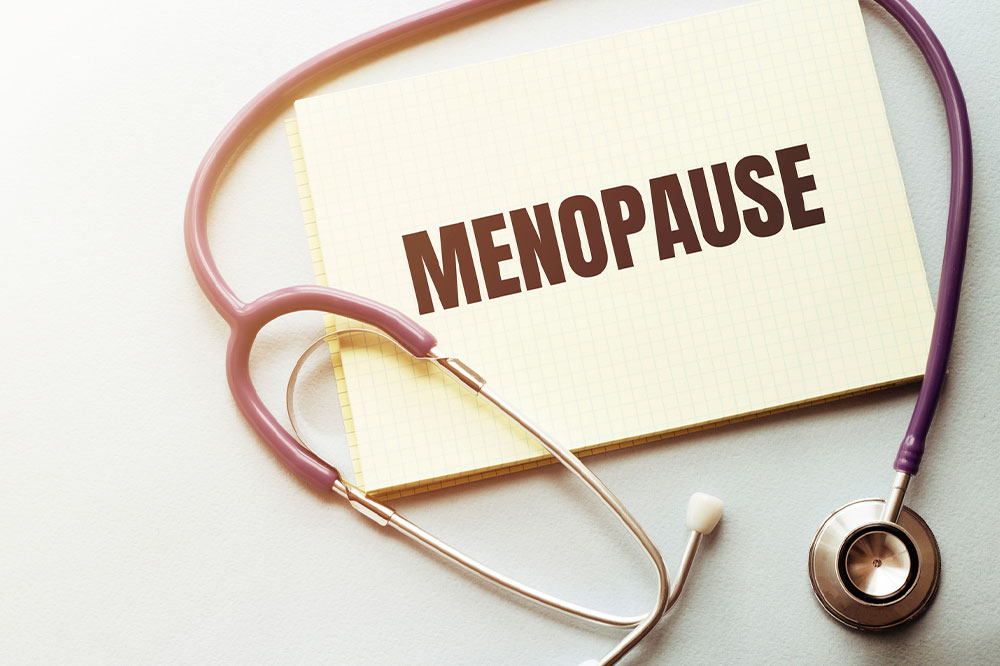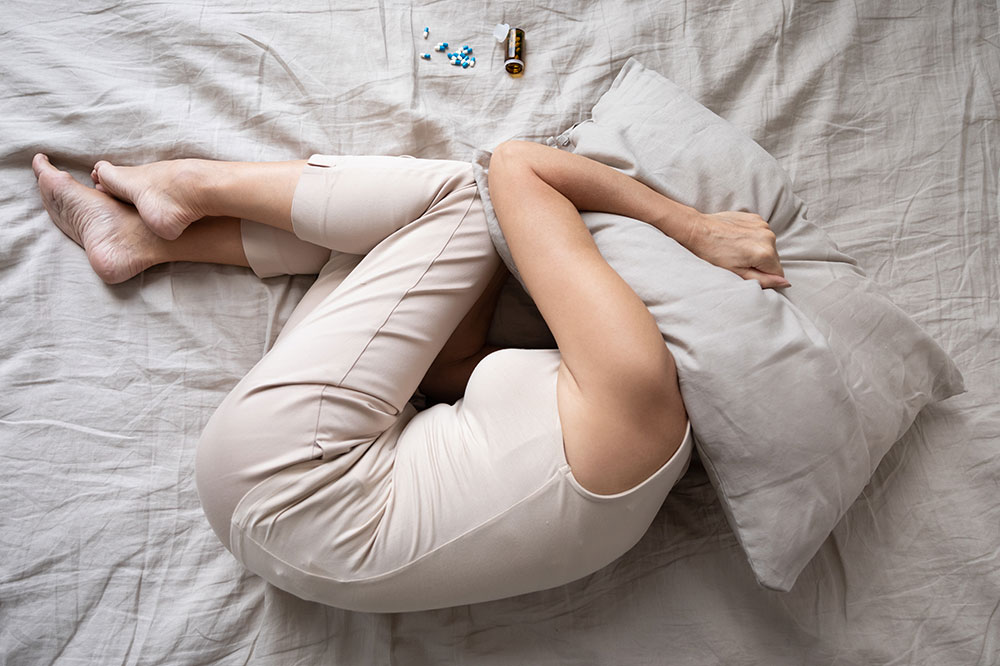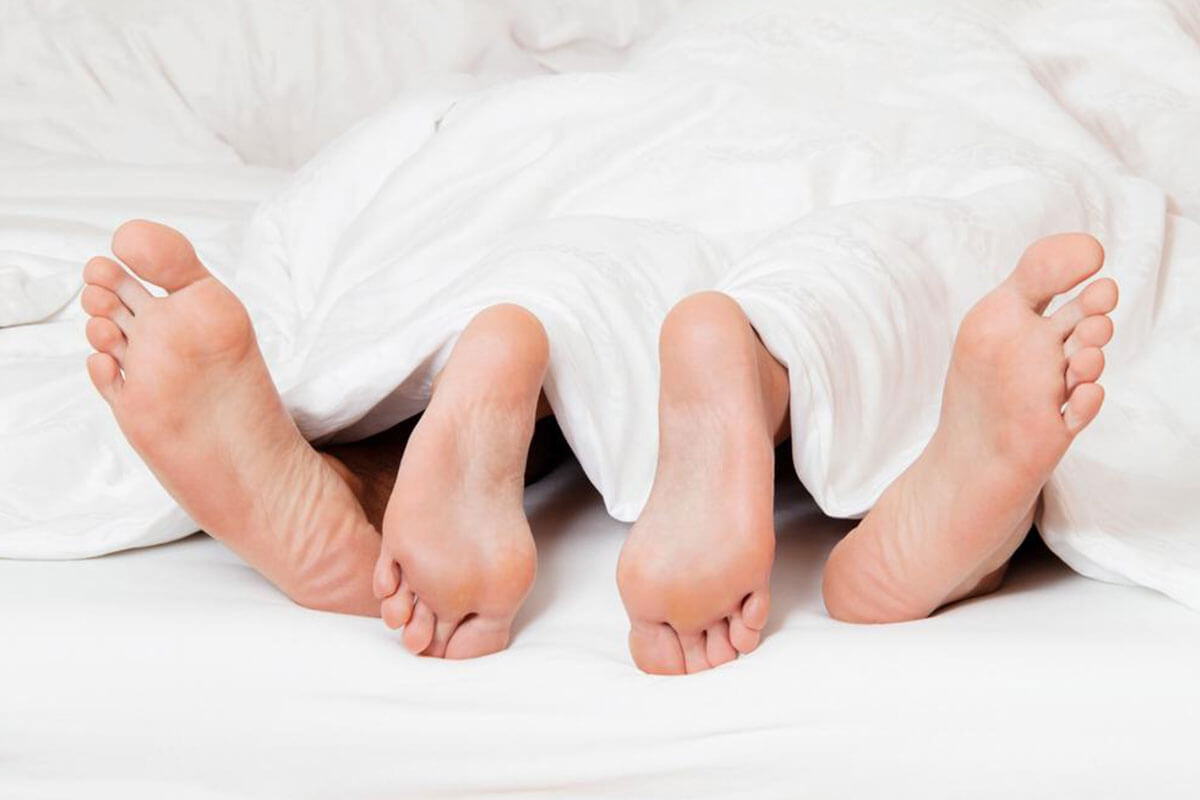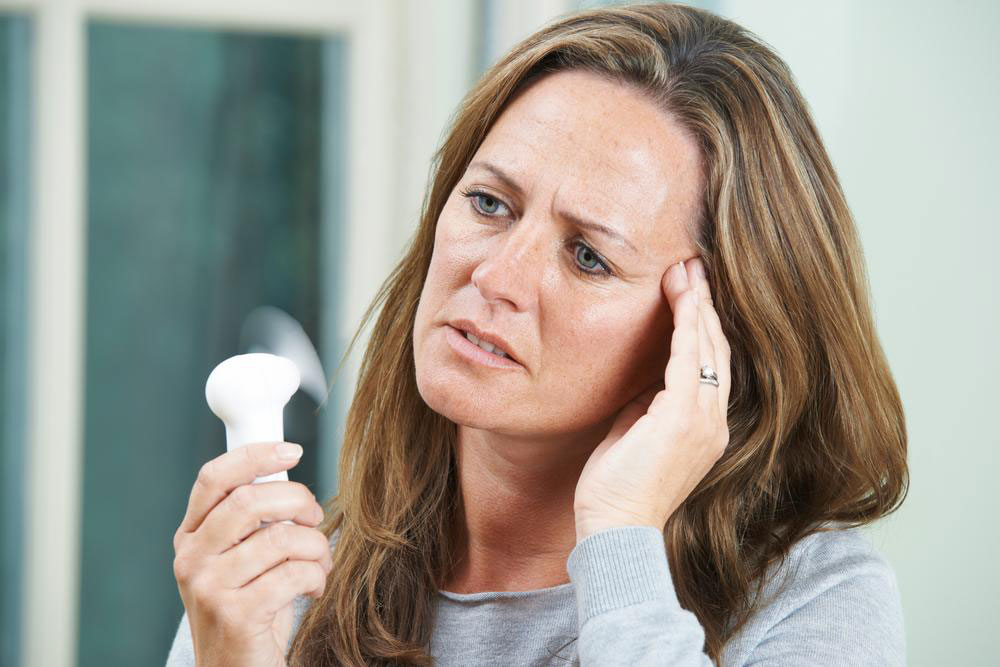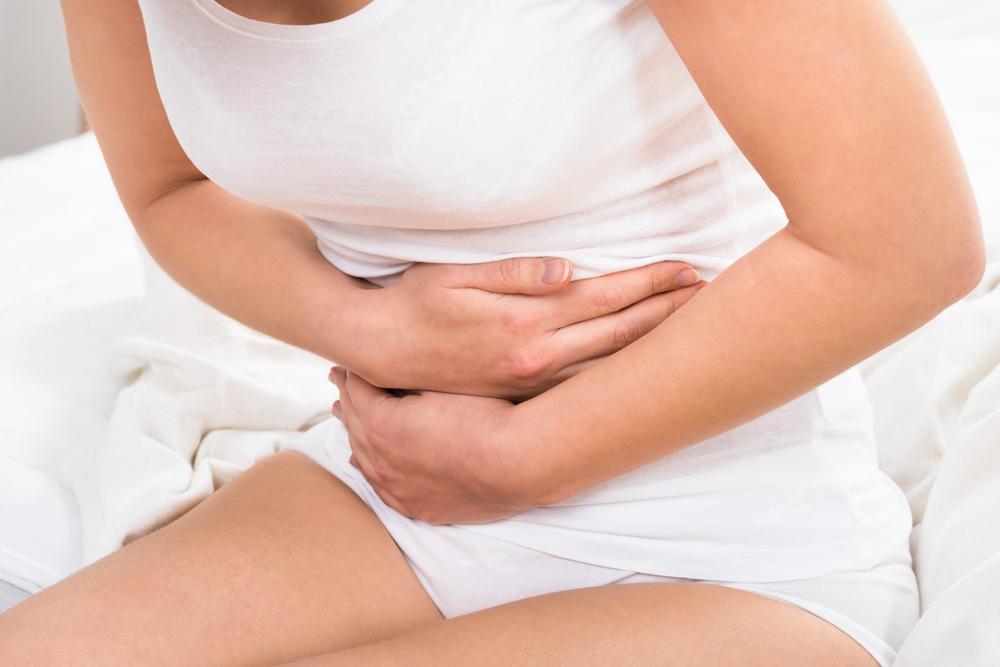Important Facts About Menopause-Related Vaginal Itching
This article highlights key facts about vaginal itching caused by menopause, including its causes, aggravating factors, and treatment options. It emphasizes the importance of medical consultation and lifestyle adjustments to manage symptoms effectively. Hormonal therapy, dietary changes, and personal care tips are discussed to help women navigate menopause comfortably. Understanding these aspects enables women to seek appropriate treatments and improve their quality of life during this natural phase.

Important Facts About Menopause-Related Vaginal Itching
Vaginal itching often occurs due to dryness, primarily caused by decreased estrogen levels in women. While it can happen at any age, it is commonly linked to menopause. Understanding why this occurs is key to effective management. When estrogen drops, the vaginal walls thin and become less elastic, resulting in reduced natural lubrication. This dryness can lead to irritation and itching. Recognizing these causes helps in seeking proper treatment and relief during menopausal transition.
Factors That Worsen Vaginal Discomfort During Menopause
Clothing like tight underwear or pants that cause sweating.
Consuming foods such as dairy, gluten, caffeine that may increase yeast infections and dryness.
Using scented soaps or harsh personal hygiene products that can cause irritation and burning.
Management Options for Vaginal Itching in Menopause
Consulting a gynecologist before trying home remedies is essential. They will examine the pelvis and may test vaginal discharge to assess estrogen levels. Based on results, they can recommend appropriate treatments including topical medicines, suppositories, or hormone therapy. Hormonal treatments are available as patches, sprays, or pills, aimed at restoring estrogen levels and reducing discomfort.
Hormone therapy is a common approach to alleviate vaginal dryness and itching. It should only be pursued under a healthcare provider’s guidance. Alongside medical treatment, lifestyle modifications like dietary changes and wearing loose clothing can promote overall well-being and ease menopausal symptoms. These holistic steps can significantly improve quality of life during menopause.
Note:
This blog offers useful information across various topics. While our research aims to provide reliable insights, it should not replace professional medical advice. Always consult a healthcare provider for personalized diagnosis and treatment plans. We do not assume responsibility for differences or inaccuracies in medical data shared from other sources, nor for promotional offers that may be available elsewhere.


